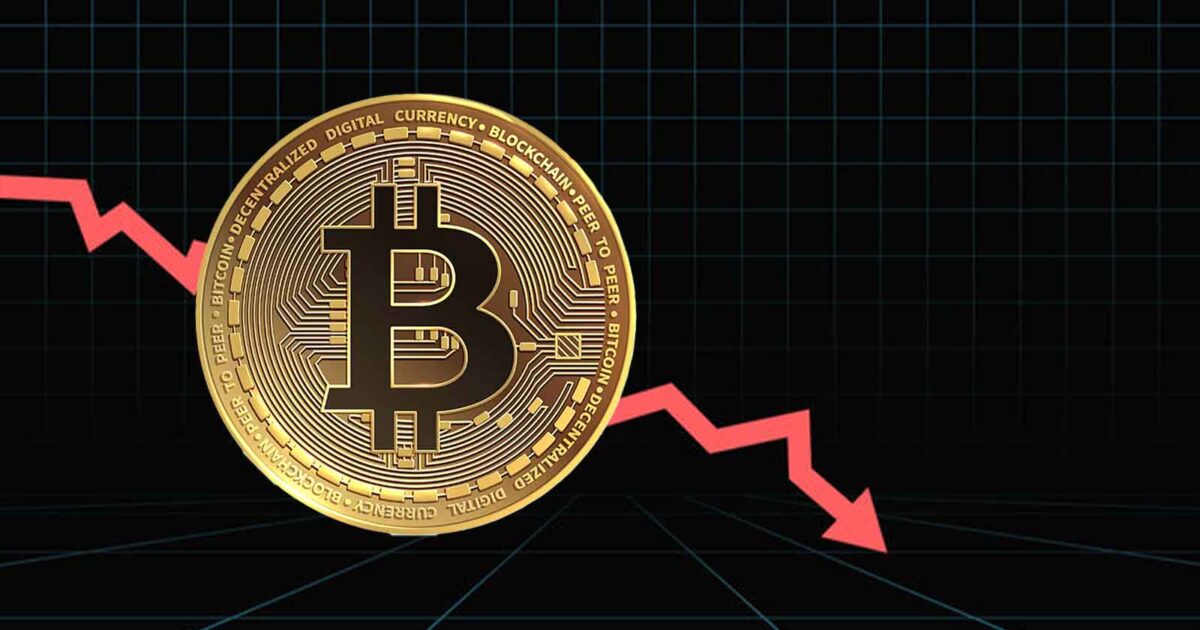
Bitcoin experienced its most significant monthly decline since the FTX crash in November 2022, with demand for exchange-traded funds (ETFs) cooling off. This drop comes amidst the backdrop of expectations for sustained higher interest rates, which are adversely affecting the cryptocurrency market.
In April, Bitcoin’s value plummeted by nearly 16%, following a surge to an all-time high of almost $74,000 in March, driven partly by excitement over US spot-Bitcoin ETFs. However, enthusiasm for these ETFs waned, contributing to Bitcoin’s losses. On Wednesday, Bitcoin fell further, dropping by as much as 5.6%.
The debut of Bitcoin and Ether ETFs in Hong Kong on Tuesday failed to invigorate the market either, with trading volume for these products totaling $12.7 million on the first day. This figure pales in comparison to the $4.6 billion achieved by US ETFs when they launched in January.
There is growing speculation that the Federal Reserve may delay interest rate cuts following their policy meeting on Wednesday. Recent US data indicating an increase in labor costs adds to concerns about inflationary pressures.
Consequently, real yields, which reflect the true cost of borrowing, are rising, creating a challenging environment for speculative assets like cryptocurrencies.
Chris Weston, head of research at Pepperstone Group Ltd., noted that the recent uptick in Treasury yields and real rates has negatively impacted not only Bitcoin but also gold and US equities.
As of 11 a.m. in London, Bitcoin was trading just above $57,000, marking a two-month low. Other cryptocurrencies such as Ether and Dogecoin also suffered losses.
Historical trends suggest that May is typically a tough month for Bitcoin, with declines recorded for the past three years, averaging around 20%, according to analyst Alex Kuptsikevich.
Investor sentiment towards US spot-Bitcoin ETFs shifted in April, with a net outflow of $182 million recorded by the end of the month, compared to the $4.6 billion inflow seen in March.
Seth Ginns, Coinfund’s managing partner and head of liquid investments, remarked during a Bloomberg Television interview that ETFs had introduced a popular new way for investors to engage with Bitcoin, propelling its rapid ascent.
Despite the recent halving event, which typically reduces Bitcoin’s new supply and is viewed by some analysts as bullish, this has not provided significant support to prices so far.
Matteo Greco, research analyst at Fineqia International, attributed the recent downturn in Bitcoin to profit-taking by investors who entered the market during previous downturns in 2022 and 2023, as well as to ETF investors who saw substantial price appreciation on their shares after entering the market in early 2024.



